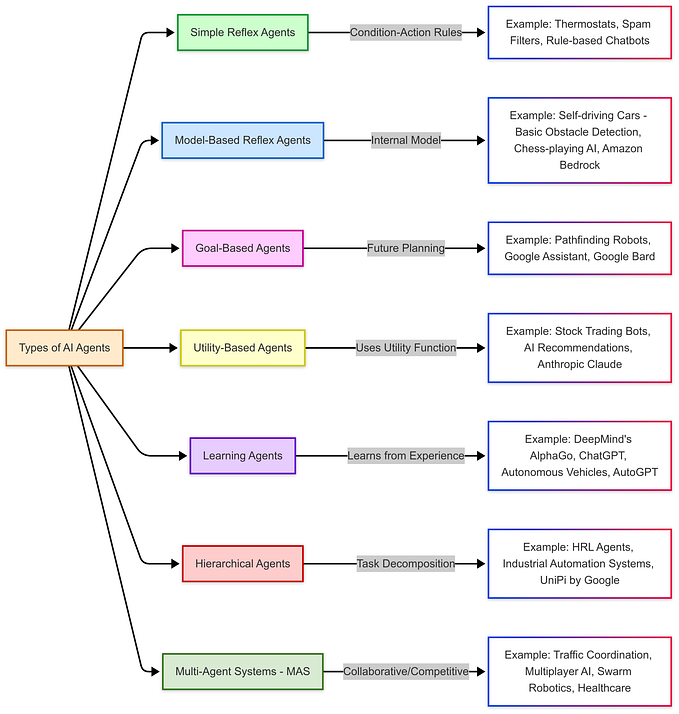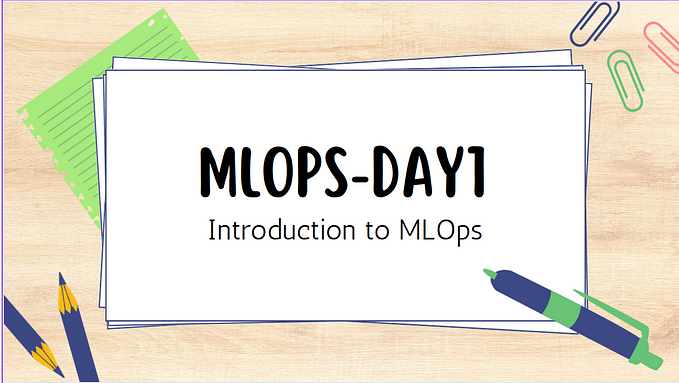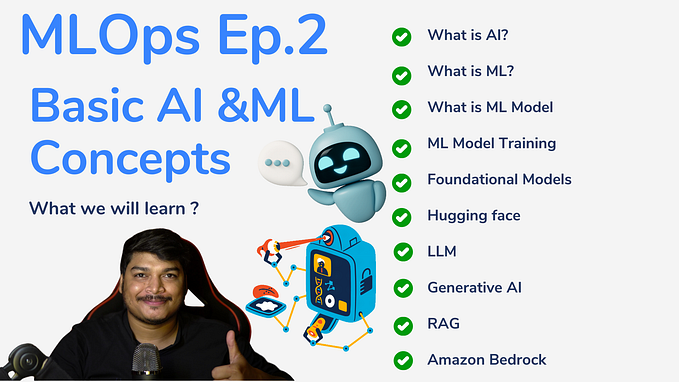What is MLOps?
MLOps, short for “Machine Learning Operations,” is a set of practices and tools that combines machine learning (ML) and DevOps (Development and Operations) principles to streamline and automate the end-to-end machine learning lifecycle. The goal of MLOps is to make it easier for organizations to develop, deploy, monitor, and manage machine learning models in a consistent and efficient manner.

MLOps encompasses various stages of the machine learning lifecycle, including:
1. Development: This involves data collection and preprocessing, model training and evaluation, and iterative experimentation to improve model performance.
2. Deployment: Once a model is trained and tested, it needs to be deployed into production environments where it can make predictions on new data. MLOps provides techniques for managing model versions, containerization, and orchestration.
3. Monitoring and Management: After deployment, it’s essential to continuously monitor the model’s performance and health. MLOps tools help detect drift in data distributions, track model accuracy, and manage model updates.
4. Scaling: As usage of a machine learning model grows, MLOps facilitates automatic scaling to handle increased traffic and computational demands.
5. Collaboration and Governance: MLOps encourages collaboration among data scientists, engineers, and other stakeholders while also providing governance mechanisms to ensure compliance with regulations and data privacy policies.
6. Automation: Automation is a core aspect of MLOps. It involves automating repetitive tasks like model training, deployment, and monitoring to reduce human error and save time.
7. Version Control: Just like in traditional software development, version control is crucial for managing changes to code, data, and models in a systematic and traceable way.
8. Feedback Loops: MLOps facilitates feedback loops from production to development. Information about how a model performs in the real world can inform further model development and improvement.
9. Security: Ensuring the security of both the model and the data it uses is a priority in MLOps. This includes access control, encryption, and protection against adversarial attacks.
MLOps practices and tools vary depending on the organization’s needs and the complexity of its machine learning workflows. Common tools used in MLOps include Kubernetes for container orchestration, Docker for containerization, version control systems like Git, continuous integration/continuous deployment (CI/CD) pipelines, and monitoring tools.
In summary, MLOps is a crucial discipline for managing the machine learning lifecycle efficiently, promoting collaboration, and ensuring the reliable and scalable deployment of machine learning models in real-world applications.




